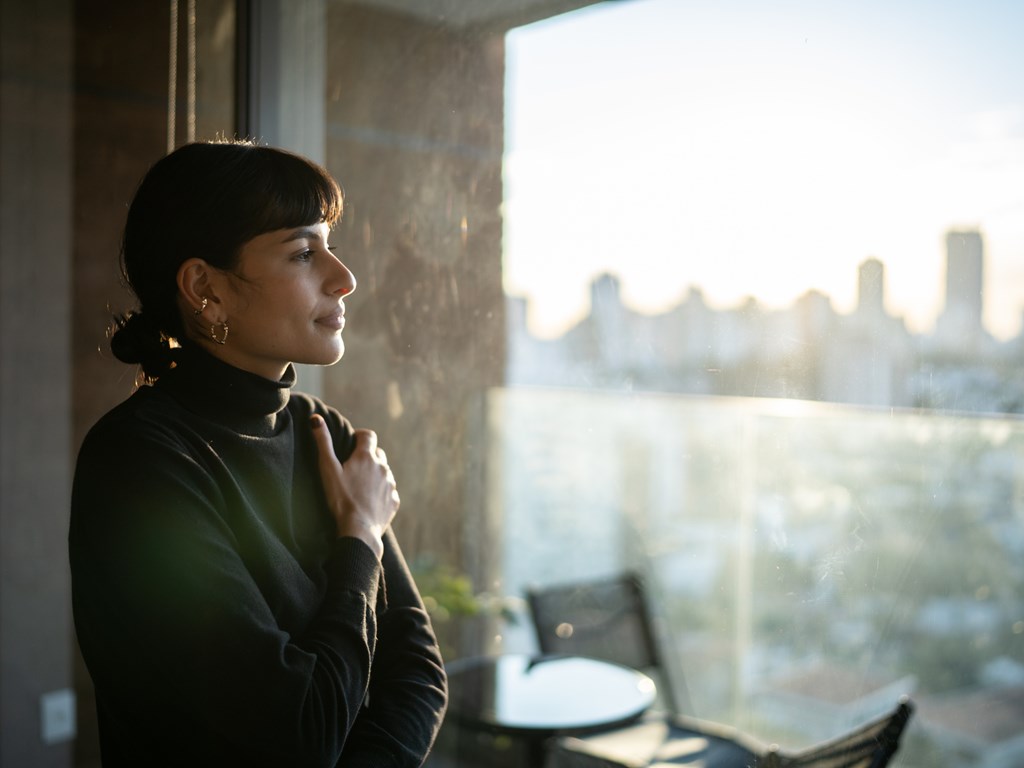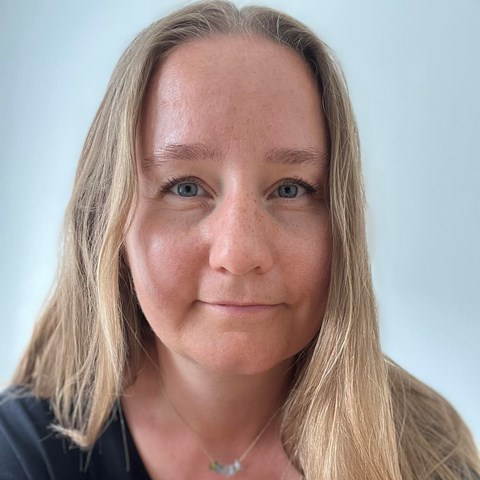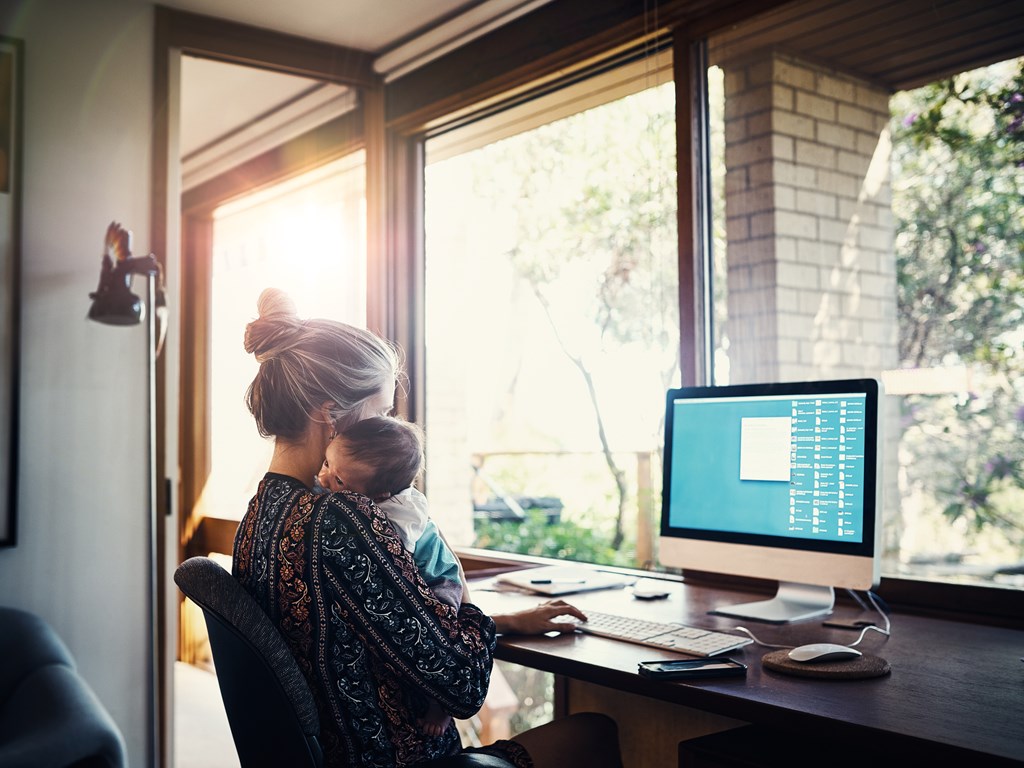Top concerns about solo motherhood – and what experienced mums say
Solo motherhood can feel overwhelming but what if you could hear directly from mums who’ve been there? In this post, we’re sharing their top concerns before starting the journey and what they’ve learned along the way.
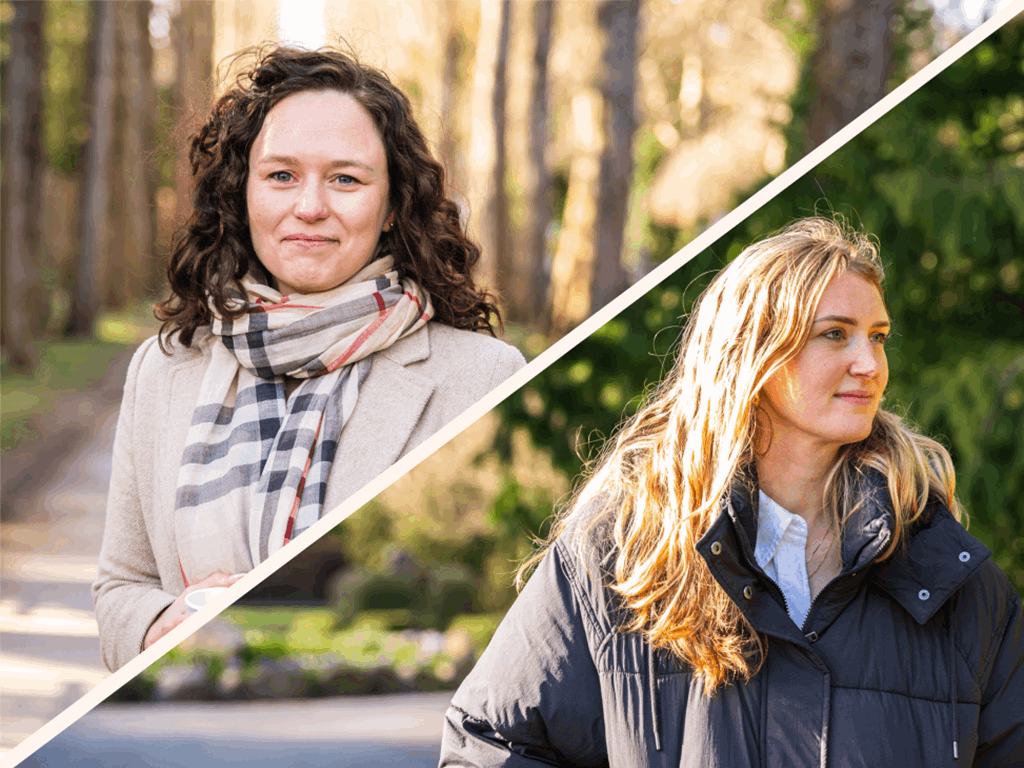
When you picture life as a solo mum, what’s the first challenge that comes to mind? Juggling everything on your own? Being the sole provider for your family? Or maybe starting the conversation about getting help from a sperm donor?
In a poll in our solo mum webinar, we asked women considering solo motherhood what aspect of solo motherhood they think will be the most challenging.
Here’s what they answered:
- Balancing everything alone: 63%
- Talking to my child about donor conception: 22%
- Financial planning: 9%
- Social stigma or handling comments: 4%
There are many things about solo motherhood that can seem overwhelming. But what if you could hear from mums who’ve already done it? We spoke to two solo mums, Clara and Natalie, who have walked this path – filled with excitement, nerves and questions.
Here’s what they say now that they’re living the life as a solo mother by choice.
Financial considerations when you’re doing it on your own
For 37-year-old Clara from Germany, the biggest concern about becoming a solo mum was whether she would be able to do it financially. Not the process of getting pregnant but keeping her standard living.
“It was not an issue, but it was a big question,” she says.
Clara put aside as much as she could of her salary every month. She has worked hard to make sure that the financial part hasn’t been a problem. But it is still a topic that constantly is in the back of her mind.
She advises aspiring solo mums to find out what kind of financial support is available in their country or state.
“You have to do a deep dive to see what is possible. Honestly, you have to educate yourself financially,” she says pointing out that she looked for financial advice specifically for women.
Sorting out the numbers
For 31-year-old Dutch solo mum Natalie, finances were also an important priority.
“I think it’s important to prepare, also with the financial stuff. I wanted to make sure I was ready to give this child a good life,” she says.
Natalie describes herself as a big planner – also with the financial aspect of becoming a solo mum.
“I did a huge Excel sheet with all kinds of numbers. Just making sure that I could provide enough by myself,” she explains.
You can find more financial tips in our blog post: How to financial prepare for solo motherhood.
Finding a partner as a solo mum by choice
Dating and finding a partner can be another concern when you are a solo mum.
This is something Natalie has thought about a lot, and people around her have asked her questions too. For example, will she be able to have what she thinks of as a family with a partner, or will it be harder to date someone when you already have a child?
When Natalie was asked these questions, she couldn’t answer them.
“I was also kind of afraid of how it would turn out. I did always say that a person who wouldn’t accept my child was not a person for me. But then to go out and find that person.”
Now that her daughter is part of her life, she is not concerned in the same way anymore.
“The doubt has changed because I have been dating. And I feel like there are people out there that will be able to complement our family,” Natalie explains.
Starting the conversation about being donor-conceived
One of the things that can involve a lot of consideration is how to talk to your child about being donor-conceived. For Clara, the conversation started when her son, who is now four, was born.
At first it was more about getting used to telling him about his biological heritage. When her son started kindergarten, the older kids asked why only Clara picked up her son and never a father.
“Then I told my son that he doesn’t have a dad. Some of the children in the kindergarten were confused, some just thought OK. My son didn’t ask any questions at the time, but for the last five months we've been talking about it,” says Clara.
More information as the child grows
Now that her son is four years old, he has a better understanding of what it means when Clara says he doesn’t have a dad.
“He realises that other families look different; his best friend has a mum and a dad. He never asks, 'Where is my dad?', but 'Do I have a dad?'. And I tell him 'You don’t have a dad' because I don’t want the social role connected to the donor,” Clara explains, adding that if her son wants to use different words for the donor when he is older, she will support him.
Instead, she tells her son that someone helped her, and if he wants to know more about it in the years to come, they can explore that part.
“This is the only thing that matters to him. He doesn’t have follow-up questions right now. It is part of our daily life, and it doesn’t feel weird to talk about it anymore.”
If you want to know more about this topic, you can read our guide about telling your child they are donor-conceived.
Dealing with misconceptions
There are still many misconceptions about being a solo mum and both Clara and Natalie have encountered some of them.
“Solo mums are in it just for themselves. We are egotistical, and we don’t think about the children,” are some of the things Clara has heard. She says it couldn’t be more wrong:
“We all thought about our children. What it is going to be like for them, what are the questions they might have, how am I going to explain to them that our family looks different.”
But how do you react when you are presented with some of these misconceptions? For Natalie it isn’t something that keeps her up at night.
“It doesn’t really get to me. Some people clearly don’t have the information, so I try to educate them a little bit if they are interested,” she says.
Want to know more about life as a solo mum?
Solo motherhood can bring a lot of questions about finances, dating, conversations with your child and the occasional curious comment. But as the solo mums in this blog post show, it’s not only possible to navigate these challenges - it’s deeply rewarding.
If you are curious to know more about Natalie and Clara and their experiences with solo motherhood, you can watch the webinar where they share their personal stories.
You can also learn more about what to consider if you decide to have a child on your own in our webinar about becoming a solo mum.
Read more
 Solo motherhood
Solo motherhoodAm I ready to be a single mother by choice? Ask yourself these 6 questions
Deciding to become a mother is a life-changing decision. It’s a deeply personal journey and it is a good idea to take the time to reflect on your emotional, physical and practical readiness before taking this empowering step.
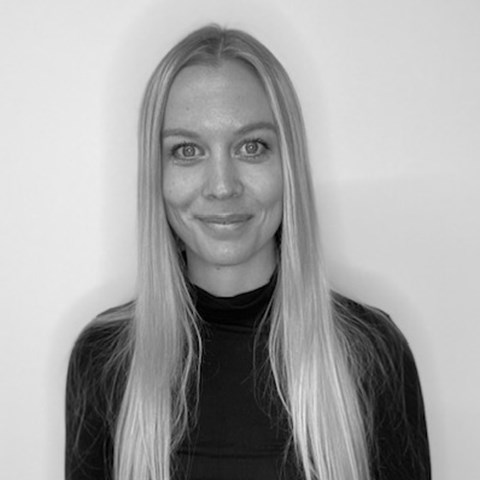 Anne Petersen
Anne Petersen